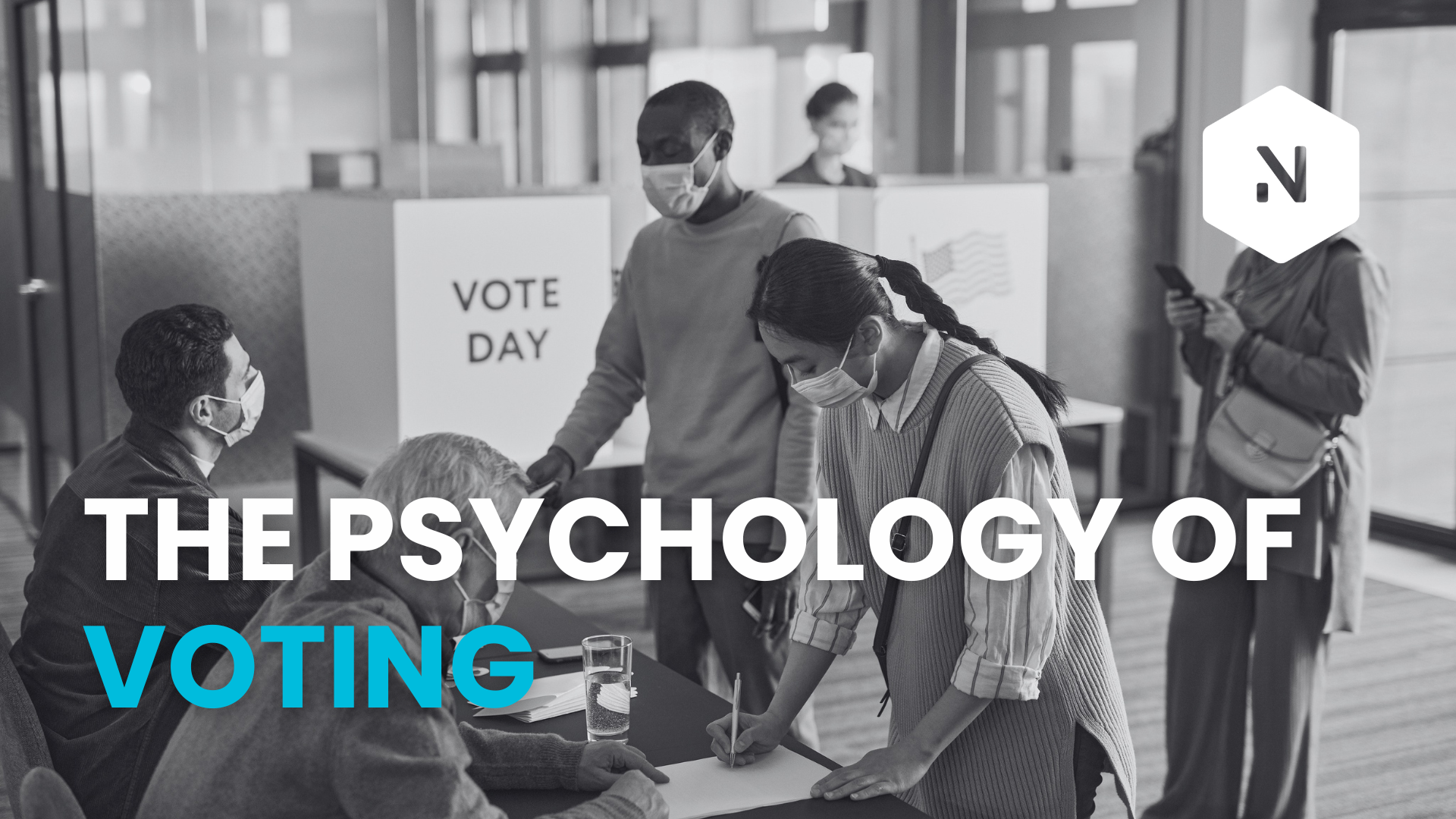The Psychology of Voting: Decoding the Minds Behind the Ballot

Voting is more than the act of marking a ballot; it is a complex decision influenced by a multitude of psychological factors. Understanding the psychology behind voting is crucial for political parties and organizations seeking to engage voters effectively. By exploring the intricacies of voter behavior, we can gain valuable insights that shape political campaigns, policies, and strategies. In this article, we delve into the fascinating world of the psychology of voting, examining the key drivers, cognitive biases, and social factors that influence electoral choices.
Motivated Reasoning: Shaping Political Preferences
Motivated reasoning is a psychological phenomenon in which individuals selectively interpret information to support their pre-existing beliefs or political preferences. It occurs when voters seek out and internalize information that aligns with their worldview while disregarding or dismissing contradictory evidence. Political campaigns often leverage this tendency, framing their messages to resonate with the preconceived notions of their target audience. For instance, a conservative voter may be more receptive to policies emphasizing traditional values, while a liberal voter may be drawn to messages promoting social justice and equality.
Primacy and Recency Effects: First and Last Impressions Matter
The order in which candidates' names appear on a ballot can significantly impact voter choices. The primacy effect suggests that individuals tend to remember and favor the first option presented to them. Consequently, candidates listed at the top of the ballot may have an advantage regarding name recognition and initial appeal. Conversely, the recency effect posits that voters may also be influenced by the most recent information they encounter, such as campaign advertisements or news articles. Hence, it is crucial for political campaigns to strategically position their candidates and maintain a consistent presence throughout the election cycle.
Confirmation Bias: Reinforcing Preconceived Notions
Confirmation bias refers to the tendency to seek, interpret, and remember information that confirms one's existing beliefs while discounting or ignoring contradictory evidence. Voters often gravitate towards media outlets and sources that align with their political leanings, inadvertently reinforcing their preconceived notions. Political campaigns can harness this bias by tailoring their messaging and employing media channels that resonate with their target audience.
Social Influence: The Power of Peer Pressure
Human beings are social creatures heavily influenced by the opinions and behaviors of others. Social influence plays a significant role in shaping voting decisions. Voters may conform to the preferences of their social circles, family, or community. The bandwagon effect, for example, occurs when individuals align their choices with the perceived majority opinion to avoid social isolation or gain acceptance. Political campaigns can leverage this phenomenon by highlighting popular endorsements, testimonials, or polls to create a sense of momentum around a candidate or party.
Emotional Appeal: Stirring Hearts and Minds
Emotions also play a vital role in decision-making, including voting. Political campaigns often aim to evoke specific emotions, such as hope, fear, anger, or empathy, to sway voters. Emotional appeals are effective because they resonate deeply with individuals and can override rational considerations.
Conclusion
The psychology of voting reveals the intricate web of influences that shape electoral choices. Motivated reasoning, primacy and recency effects, confirmation bias, social influence, and emotional appeals contribute to the complexity of voter behavior. By understanding these psychological factors, politicians and candidates can develop tailored strategies, engaging campaigns, and policies that resonate with diverse voting populations. Ultimately, unlocking the mysteries of the psychology of voting empowers candidates and political organizations to engage effectively with voters, build trust, and create meaningful connections. By recognizing the underlying drivers of voter decision-making, they can craft messages and campaigns that address different population segments' values, concerns, and aspirations.
Moreover, understanding the psychology of voting allows candidates and politicians to bridge the gap between political ideologies and foster constructive dialogue. By acknowledging the presence of cognitive biases and social influences, they can encourage open-mindedness, critical thinking, and informed decision-making among voters. This approach promotes a healthy democratic process where individuals are motivated to explore different perspectives and consider evidence-based arguments before casting their ballots.

